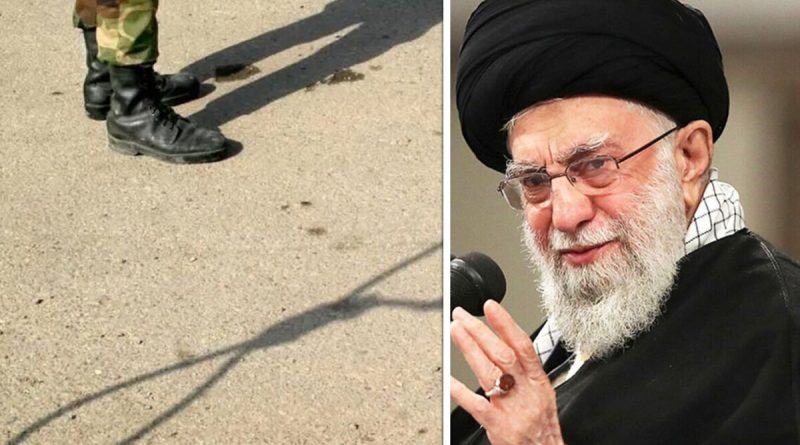Iran killing spree as ‘brutal’ regime executes two men – with 11 more on death row | World | News
Iran has responded to national public protests against its ruling theocracy by targeting ethnic minorities with a brutal series of executions, with two put to death this week, according to a new report.
Farhad Salimi and Mohammed Ghobadlou died yesterday, with at least 11 people at “imminent risk”, Human Rights Watch revealed, eight of whom are Kurdish.
Both men, as well as all those awaiting execution, were sentenced for political or security-related charges which under international law should never result in the death penalty.
Michael Page, HRW’s deputy Middle East and North Africa director, said: “Iranian authorities are notorious for wielding the death penalty against people after unfair trials to instil fear into a population that has mobilised nationwide protests calling for fundamental reforms.
“Iran’s brutal government takes an especially harsh response to ethnic minority communities, including the 11 people at risk of imminent execution.
Referring to recent missile attacks on neighbours Iraq, Syria and Pakistan, Mr Page added: “Iran’s recent attacks in neighbouring countries that have killed civilians and the surge in domestic executions reveals how little Iranian authorities have to offer in the way of positive change at home and abroad.”
Human Rights Activists in Iran (HRANA), a non-political and nongovernmental organisation which defends human rights, at least 746 people were executed in Iran in 2023.
There appears to be no let-up this year, with the Kurdistan Human Rights Network (KHRN), an independent non-profit organisation based in France, reported on at least 34 executions so far since mid-December 2023.
Most are related to charges involving drug offences or “intentional murder”.
According to Iran Human Rights, she was aged just 15 when she was married, and had been allegedly been the victim of domestic violence.
She was only 19 at the time of the alleged crime, seven years before she was convicted.
Iranian law permits girls to marry at 13 and boys at age 15, as well as at younger ages if agreed by a judge.
Attempts to increase the legal age of marriage have proven unsuccessful.
Prisoners at imminent risk were often convicted on vague charges, such as moharebeh, or “enmity against God,” and “corruption on earth.”
A separate report published in April 2023 from Iran Human Rights, a Norway based human rights group, revealed that ethnic minorities in Iran are disproportionately targeted in executions.
The report notes that in 2022 alone, 130 people were executed in the provinces of West Azerbaijan, East Azerbaijan, Sistan and Baluchistan, and Kurdistan, a significant increase from 62 in 2021 and 60 in 2020.
On December 20, Iranian authorities executed Samira Sabzian, a 32-year-old mother of two, who was detained in Gharchak prison in Tehran province, seven years after she was convicted of murdered her husband.
All intentional homicide cases are punishable under the Islamic law principle qisas, by which a victim’s heirs can seek the death penalty or forgive the perpetrator, sometimes seeking payment of “blood money”, after which the judge can sentence the accused to up to 10 years in prison.



